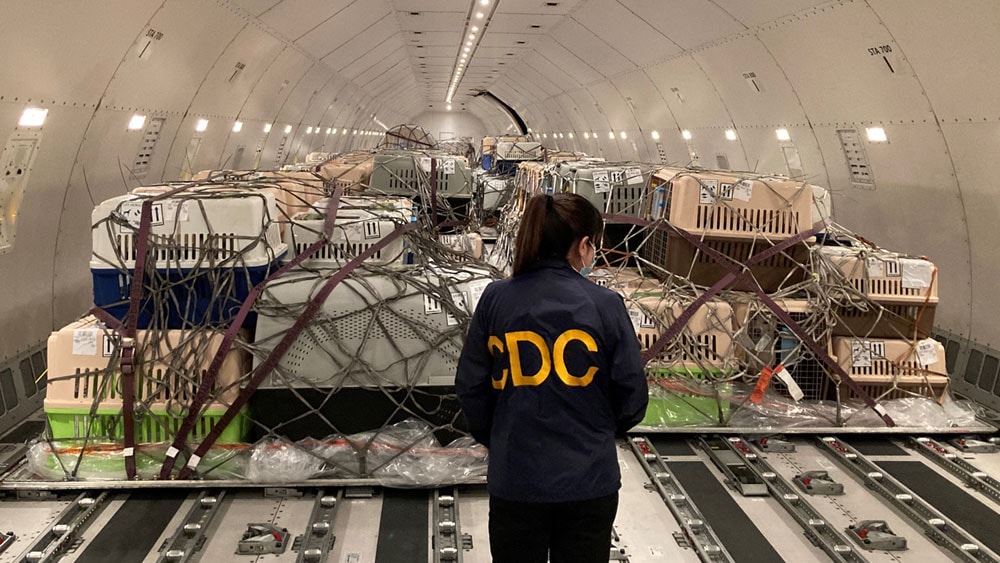At a glance
- CDC regulations cover the importation of human remains, certain animals and animal products (including bushmeat), and other items that could spread diseases to humans. CDC regulations do not cover all U.S. importation requirements.
- We work with port health partners such as U.S. Customs and Border Protection, U.S. Fish and Wildlife Service, the U.S. Department of Agriculture, and the Food and Drug Administration and some of these agencies have their own regulations.
- Do your research on importation requirements before bringing an animal, animal product, or regulated item to the United States.

Terms to know
Importation
Importation refers to bringing an animal, animal product, or other item from another country into the United States or its territories. Importation regulations determine which animals, products, or items are allowed or not allowed into the U.S., and (if allowed) what is needed to import them. Importation regulations apply regardless of whether the animal, animal product, or other item has been in the United States previously, the length of time you traveled, or the reason for travel.
Exportation
Exportation refers to taking an animal, animal product, or other item from the United States to another country. CDC does not have any exportation requirements. However, if you are taking an animal, product, or regulated item out of the United States and plan to bring it back, it will be required to meet the same entry requirements as those arriving from foreign countries. Check with other U.S. government agencies or the government of the country you are going to for any requirements.
Bushmeat
Bushmeat is meat that comes from wild animals that may pose a contagious disease risk.
Human remains
Human remains can refer to a dead body or body parts.
Categories
CDC regulations cover the importation of
- Animals
- Animal products
- Human remains
- Bushmeat
- Infectious biological agents, infectious substances, and vectors of human disease
For additional U.S. importation requirements, please visit
